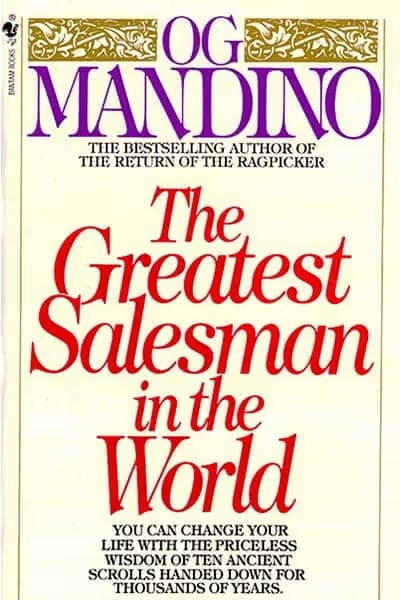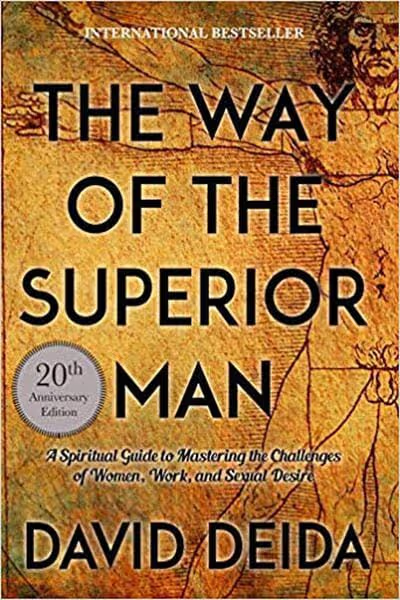How to Destroy America in Three Easy Steps
A growing number of Americans want to tear down what it’s taken us 250 years to build—and they’ll start by canceling our shared history, ideals, and culture.
Traditional areas of civic agreement are vanishing. We can’t agree on what makes America special. We can’t even agree that America is special. We’re coming to the point that we can’t even agree what the word America itself means. “Disintegrationists” say we’re stronger together, but their assault on America’s history, philosophy, and culture will only tear us apart.
Who are the disintegrationists? From Howard Zinn’s A People’s History of the United States to the New York Times’ 1619 project, many modern analyses view American history through the lens of competing oppressions, a racist and corrupt experiment from the very beginning. They see American philosophy as a lie – beautiful words pasted over a thoroughly rotted system. They see America’s culture of rights as a façade that merely reinforces traditional hierarchies of power, instead of being the only culture that guarantees freedom for individuals.
Disintegrationist attacks on the values that built our nation are insidious because they replace each foundational belief, from the rights to free speech and self-defense to the importance of marriage and faith communities, with nothing more than an increased reliance on the government.
This twisted disintegrationist vision replaces the traditional “unionist” understanding that all Americans are united in a shared striving toward the perfection of universal ideals.
How to Destroy America in Three Easy Steps shows that to be a cohesive nation we have to uphold foundational truths about ourselves, our history, and reality itself—to be unionists instead of disintegrationists. Shapiro offers a vital warning that if we don’t recover these shared truths, our future—our union—as a great country is threatened with destruction.
Since America is, by all available metrics, incredibly tolerant and open, it has grown more and more difficult to find instances of true oppression in America. When demand for victimization narratives exceeded supply, Disintegrationists mine American history for such oppression, then declare that modern ills can be attributed to historical injustices. Sometimes, to some extent, that is the case. But the outsize attempt to pin modern, continuing ills on events centuries old wears thin for those who would rather solve problems than create them.























































